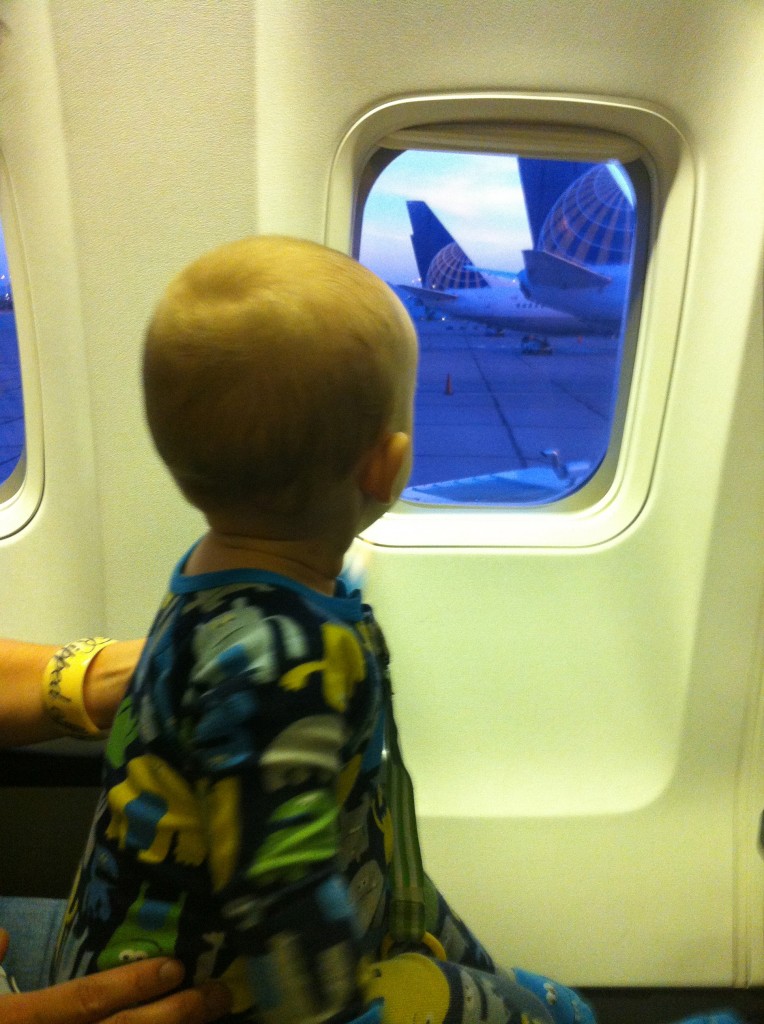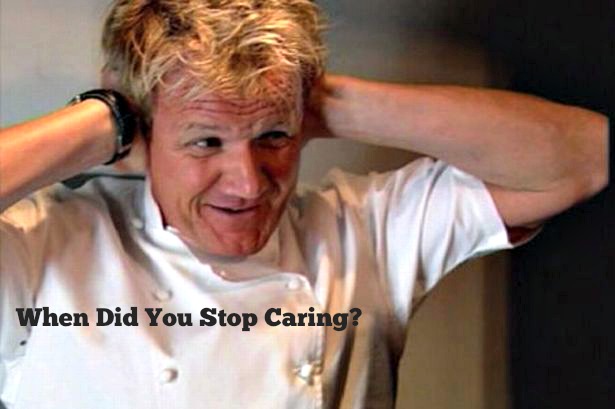That airline food will never win a James Beard Award never gets old. But now someone says they have studied the science behind why airline food tastes bad.
Food consumed with background noise was rated as less sweet, salty, and less crunchy – in one study from University of Manchester.
Others state that the background noise can “mute” taste by “30 per cent.”
Air pressure and low humidity inside planes diminish the ability to taste salty and sweet as well, but bitter, sour and spicy were unaffected. The trouble with that conclusion – we don’t taste “spicy” it isn’t a taste in the tongue. And, they didn’t study savory. Although another study did check umami (savory) and found it was not affected.
Another study showed that dry cabins reduce the ability of the nose to smell. For those of us living in Phoenix – well, we are just out of luck.
Another study goes on to show how a bloody Mary tastes just great.
How About A Different Conclusion:
The food is pre-made, packaged, and re-heated.
The food has to be made to be served quickly.
I took a sample of two different airline foods home (asked they not be heated) – and found they tasted just as bad as when I reheated them as when the airline did.
On a positive note: Flying British Airways to London – and back – the food was outstanding – all tasted great without exception.
Flying Alitalia Airlines and being served fresh pasta and table side prepared food – delicious, as was the antipasta
Food in domestic airlines is bad because they don’t pay attention to detail, because they skimp on service, and they expect most people know this and will instead eat before or after getting off the plane. If you travel overseas- the foreign airlines, without exception – offer great service and food.
Science Says:
The food is just unpalatable on US domestic carriers. To quote Gordon Ramsay “When did you give up?”







No Responses to “EAT: Science Behind Why Airplane Food Tastes Bad”